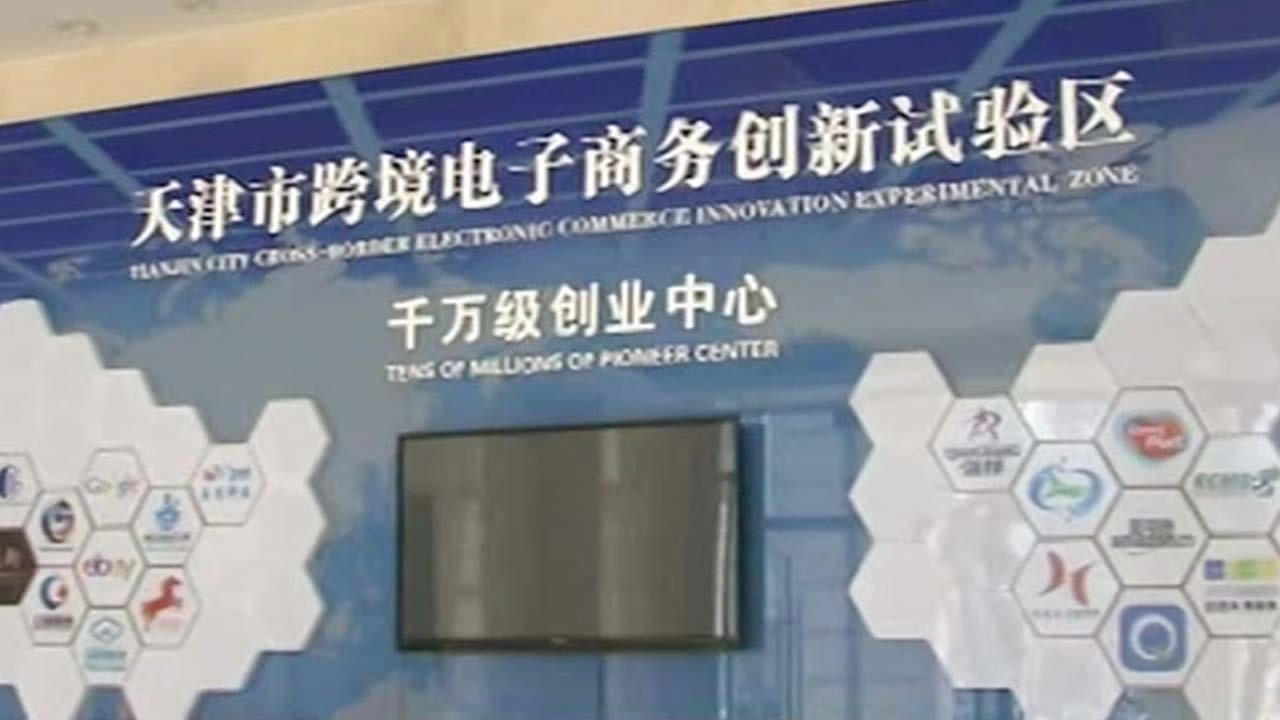
Business
22:32, 03-Aug-2017
China's pilot programs successful in boosting trade

The Chinese Commerce Ministry said on Thursday that the pilot programs introduced to support foreign trade have proven to be very successful.
As part of the pilot program, eight market purchase zones have brought a growth of 28 percent in exports during the first half of 2017 to 120 billion yuan. Under the program, qualified companies can purchase goods in selected markets and file to local customs for exports.
The mechanism proved very successful in boosting exports for its host city. More and more exporters have moved their office into pilot markets. Moreover, China has also approved 13 e-commerce pilot zones in addition to the current program.
“Our preliminary statistics show that e-commerce companies in 13 pilot zones have moved to imports and exports worth more than 100 billion yuan in the first half of this year. That's double the figure in the same period of last year,” said Gao Feng, spokesman for the Commerce Ministry.
Cross-border e-commerce climbed to 1.2 trillion yuan in 2016 with an increase of 33 percent from 2015. The central government allowed firms to pay preferential taxes on imports to boost the growth of cross-border e-commerce. However, as that policy expires by the end of 2017, cross-border importers operating online will pay the same taxes as those operating offline, meaning consumers will pay more to buy foreign goods.

SITEMAP
Copyright © 2018 CGTN. Beijing ICP prepared NO.16065310-3
Copyright © 2018 CGTN. Beijing ICP prepared NO.16065310-3